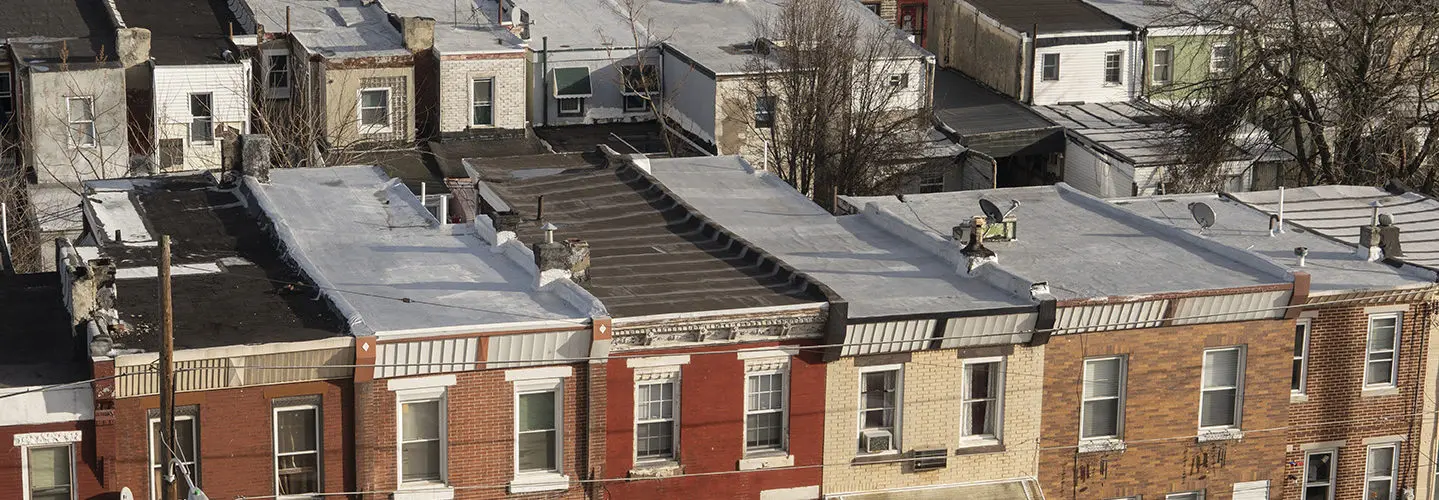Massachusetts Considers Legislation to Ban Gas in New Buildings
The Massachusetts Joint Committee on Telecommunications, Utilities and Energy (TUE) held hearings last week on several bills that would expand the state’s 10-municipality demonstration project allowing cities and towns to ban fossil fuels in new buildings and major renovations.
The TUE Committee also took public testimony on a range of bills promoting building electrification and targeting fossil fuel consumption in buildings more broadly as the state looks to cut building sector emissions and meet its statutory climate goals.
Climate, public health and environmental justice advocacy groups spoke in favor of bills promoting electrification, while they opposed bills that would promote the use of biomethane or blended hydrogen in buildings.
Ben Butterworth, director of climate, energy and equity analysis at the Acadia Center, argued that blending biomethane — also known as renewable natural gas (RNG) — and hydrogen into the gas network “would significantly impair the state’s ability to cost-effectively decarbonize the building sector.”
Citing the “optimistic” estimates of the American Gas Foundation, Butterworth said biomethane from waste sources could cover only about 5% of current U.S. gas demand.
“Increasing RNG production beyond this level would require the use of highly controversial resources including energy crops and gasification of agricultural and forest residues. These forms of RNG production that rely on the intentional production of methane simply shouldn’t be on the table,” Butterworth said, citing the “lack of any clear GHG-reduction benefit and tradeoffs associated with land, water use and food production, to name a few.”



















